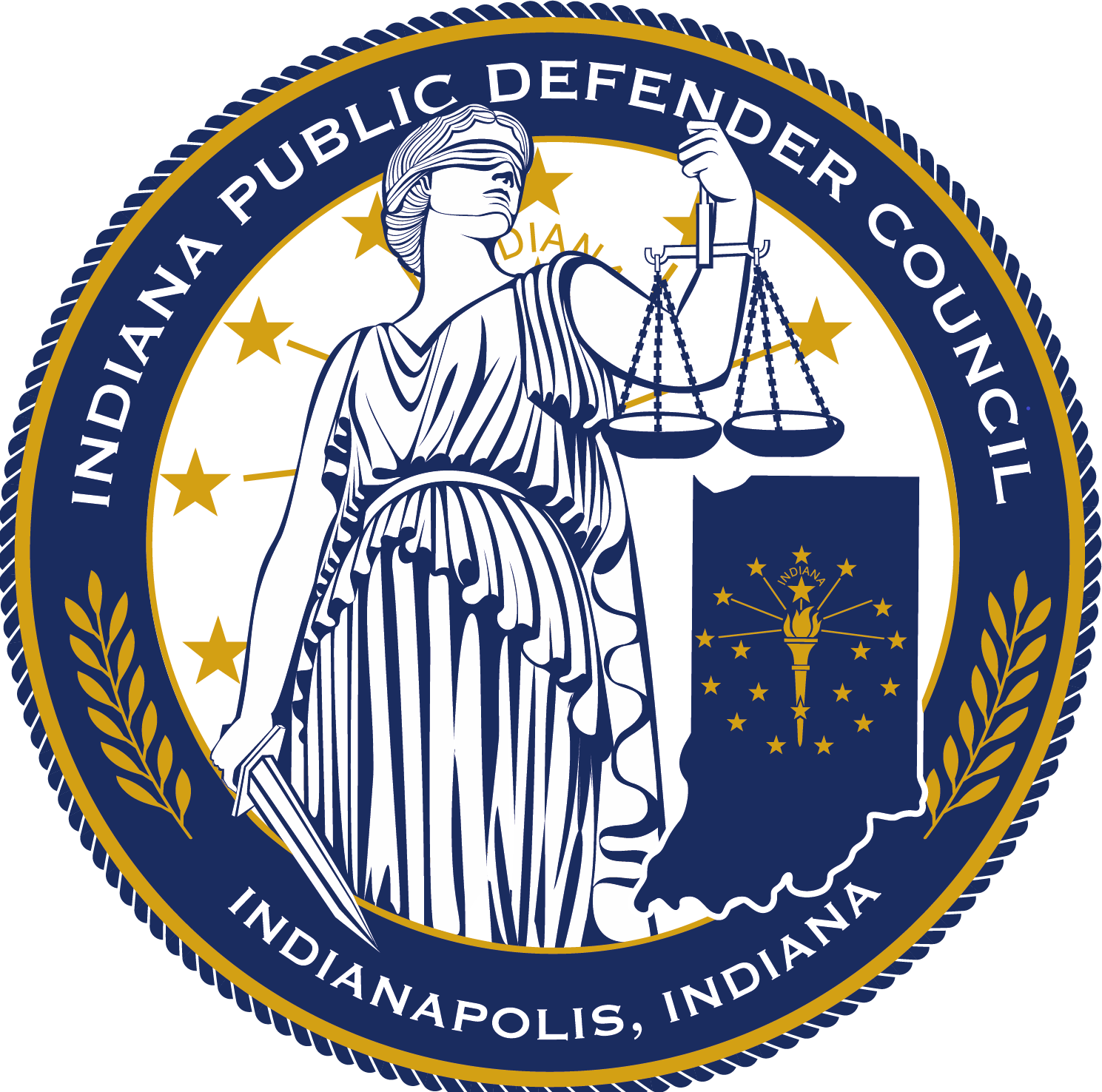Rights at Trial
Your rights include, but are not always limited to:
- Right to know the date and time of all hearings
- Right to be at all hearings
- Right to know the charges
- Right to know what information will be given to the judge about the case
- Right to a trial within 20 business days if detained, or within 60 business days if released
- Right to ask witnesses questions, or “cross-examine” them
- Right to give the judge information on your case, have other people or witnesses give information, and make arguments
- Right to an attorney or public defender for free if you can’t pay for one
- Right to not have to tell the judge or anyone else what happened if you don’t want to
- Right to make the state prove the case against you so that the judge is positive you broke the law, called proof beyond a reasonable doubt
There is NO right to a jury trial in juvenile cases, meaning only a judge will hear your case
There is NO right to bond or bail in juvenile cases, meaning you cannot pay to get out of detention
Police Encounters
You do not have to talk to the police. You can ask for your parent or guardian, or an attorney at any time. The police must stop talking to you if you ask for an attorney. It is good to have an attorney help you decide what you should or should not tell the police.
You should not talk to the police about your case. If you are a suspect in a case, the police are going to try to get information about what happened. This information goes into a police report and can lead to you getting charged. Later your words can be used against you in court.
You should talk to your parent or attorney before you say anything to the police. In Indiana, police cannot ask children questions about your case until you have been able to talk to your parent or attorney and decide if you want to answer the police questions or not. Besides telling the police officer your name, that you are a child and how to reach your parent, you should not say anything else about your case.
Safe things to do when you are stopped by the police
- Stay Calm. Even if you feel it’s unfair, stay clam, quiet, and polite.
- Stay Still. Walking, moving, or running away will make the police think you are dangerous.
- Stay Patient. Things can take awhile. Even a traffic ticket can take 20 minutes or more before you are free to leave.
- Show Hands. Hidden hands or moving hands will make the police believe you have something dangerous in your hands.
Safe things to do when you are frisked or searched by the police
- Do not resist.
- Stay still, calm, and patient.
- Do not touch the officer in any way.
Safe things to do when stopped by police while in a car
Slow down and pull over to the side of the road when it is safe to do so. If you are unsure whether the car is a police car or not, drive slowly, turn on your flashers, pull over to a public place with good lighting and stop.
Stay in your seat! Moving around, changing seats, and getting out of your car will make the police think you are dangerous. Keep your hands on the steering wheel if you are the driver. Keep your hands open and on your lap if you are the passenger. Do not get out of the car unless the police ask you to.
Search of the car – If the police want to search your car you can tell them no. If they search it anyway, try to stay calm, patient, and still.
Safe things to do when a police officer comes to your house
Make sure the person is really an officer. Look for a badge or ask for identification. Be polite, but serious.
Find out politely why the officers are at your house. If an adult is home, ask them to join you right away.
You do not have to let an officer inside your house unless they have a warrant or they are chasing a person and the person is inside your home.
Safe things to do when arrested
Ask to lock your car and/or home.
Obey the police officer. Do not resist or touch the officer.
Do not talk. Stay calm, still, and patient.
Ask to call your parents or other family members.
Police Misconduct
If you feel you are being mistreated, do not fight with the police. Pay attention to the officers, including their words, their actions, their names and badge numbers, and report them to the police agency later. If you are afraid or don’t know how to report the police, talk to a trusted adult or an attorney.
Some examples of police misconduct include:
Slapping, kicking, choking, and hitting. If an officer does these things to a person who is not resisting or fighting it is wrong and illegal. These actions must be reported.
Name calling, trash talking, or using racial and ethnic slurs are wrong and should be reported.
